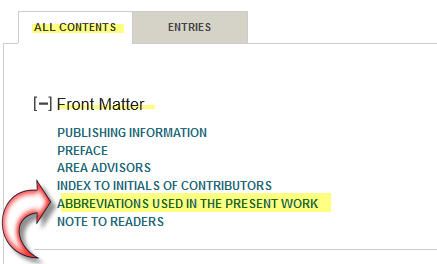
A Writer's Reference, 7th ed., University of Puget Sound edition - Diana Hacker and Nancy Sommers
Call Number: PE1408 .H2778 2013 Reserves
Citations are key to participating in the scholarly community. They are a way to converse with other scholars, but they also:
Consult Citation Tools to learn more about different citation styles. Collins Library also supports two knowledge management tools: RefWorks and Zotero.
As a discipline, GLMA typically follows the Humanities style of The Chicago Manual of Style , the contents of which are available completely online to the University of Puget Sound community.
Chicago style offers specialized guidelines for the citing of Greek and Latin sources (just type in "classical greek and latin references" in the search box once you've clicked the link to The Chicago Manual of Style . You may also wish to consult "Writing in Classics," by the Skidmore College Department of Classics.

The Center for Writing & Learning (CWL), located in Howarth 109, offers students opportunities to get help on all aspects of the writing process. Services include:
Sound Writing is the official writing handbook on campus, written by student writing advisors and specifically tailored to the needs of Puget Sound students and their faculty.
In addition to supporting the development of successful academic writing skills, Sound Writing also includes sections on research methods, writing in the disciplines, and more.
Sound Writing provides help with three citation styles: MLA, APA, and Chicago (notes & bibliography).
Current Edition: 2020
The Center for Speech and Effective Advocacy is located in Jones 204. This center is designed to address the curricular and co-curricular needs of a wide variety of classes and campus groups, and provides a collaborative space to practice and refine the skills of public speaking, argumentation, advocacy, and persuasion.
Oral communication is among the most important skills for college students to possess, according to an employer study conducted by the American Association of Colleges and Universities in 2018. Speaking skills can have a positive impact on a student's academic life, career, and civic success. Trained peer speech consultants are available by appointment to assist students and faculty members with every aspect of learning and teaching oral communication skills.
Many additional resources can be found on the Center's web page.